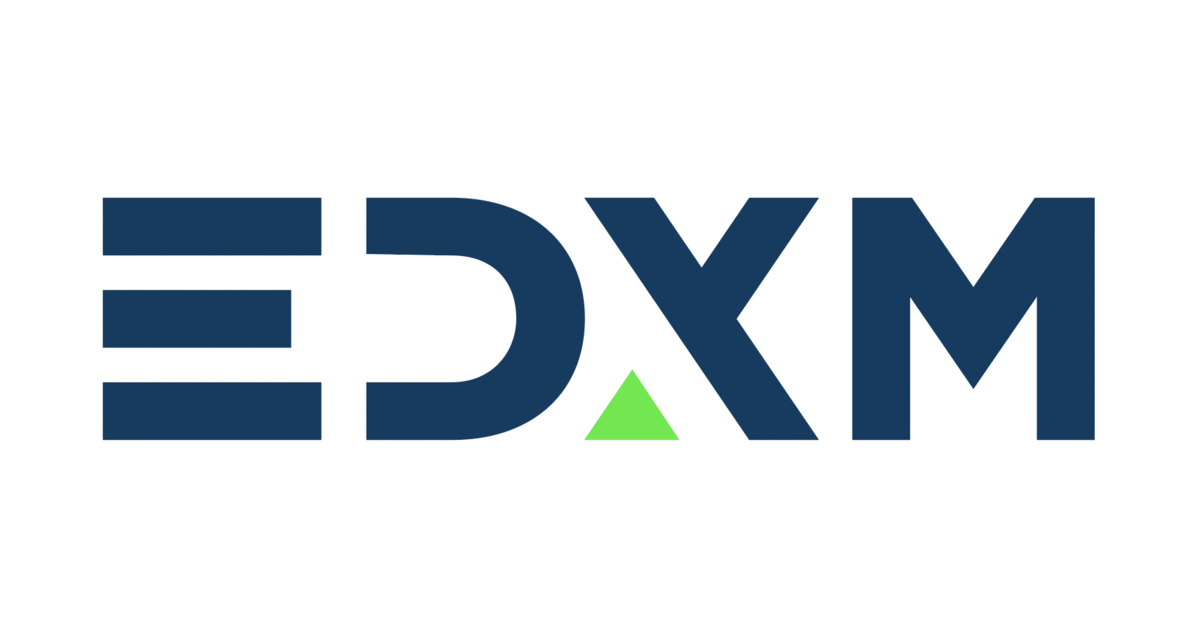New Korean law proposes ban on crypto asset mortgage lending, DeFi platform may be banned
News on April 1st, the Korean Financial Services Commission (FSC) has classified cryptocurrencies as "high risk assets" and it is fine-tuning the "Online Investment Related Financial Law" (also known as the "P2P Law") with a view to 2020 The bill was passed before the third quarter of this year. If implemented, the law will mean that from August, locals will not be able to use crypto assets as collateral for loans and investment products.
It is reported that the restrictions imposed by South Korean financial authorities on P2P crypto asset activities are actually part of a larger initiative to better monitor all P2P platforms.

South Korea may ban DeFi platforms
Although it is still unclear whether the P2P law will apply to the DeFi platform, its current regulations mean that it will ban the operation of the DeFi platform in South Korea.
- Blockchain Weekly Report | “Mentougou” Welcomes Draft Compensation
- Watch | Singapore Payment License Waiver Buffers for 4 Months, Exchange Faces Final Test
- Popular science | Customs passwords in the digital age: privacy calculations help data "refining"
With the implementation of legislation, any investment product or secondary platform (such as a DeFi lending platform that requires users to provide crypto assets as collateral) cannot operate in the country even with the FSC license.
FSC says:
"We prohibit connected investment products that use crypto assets and derivatives as collateral, and it is difficult for investors to understand the risks of these products."
Whether this means that local users in South Korea can no longer use foreign DeFi platforms such as MakerDAO, BlockFi and Dharma, remains to be seen.
Given that the bill does not contain any specific information on the use of overseas DeFi or cryptocurrency P2P platforms in South Korea, it is unlikely that FSC will crack down on foreign applications in the foreseeable future.
Potential legal loophole found in South Korean DeFi platform
Jung Sang ho, the president of South Korea's DeFi platform Delio, said in an interview with JoongAng that no company in South Korea has lent Korean won by receiving crypto assets or derivatives.
It said that because the local DeFi platform does not involve fiat currency business, it is not subject to P2P laws.
At present, some local DeFi platforms in South Korea have chosen to continue to operate and communicate with the FSC until the commission gave a clearer explanation on how to choose law enforcement in August.
This move may prompt South Korea's DeFi platform to look elsewhere. It is reported that when the country completely banned ICO in January 2019, local users and companies chose to move out of the country for ICO activities.
For example, Kakao launched the Klaytn blockchain through an overseas subsidiary called GroundX and raised $ 90 million through an ICO.
We will continue to update Blocking; if you have any questions or suggestions, please contact us!
Was this article helpful?
93 out of 132 found this helpful
Related articles
- Babbitt Column | Bitcoin has experienced two extreme quotations in half a year. What do they have in common?
- Babbitt Column | Blockchain-Mathematics Reshapes Trust from Human History
- China's blockchain landscape moves west: Gansu 14 cities deploy blockchain service network
- DeFi Monthly Report | MakerDao encounters the most severe test in history
- Article describes the type, scale and trend of stablecoins
- On the Equity of Currency Stocks and Token Economy: How to Coordinate to Generate Synergy
- USDT issues more than 10 billion in six days. In a bear market environment, stablecoins become the biggest winners






